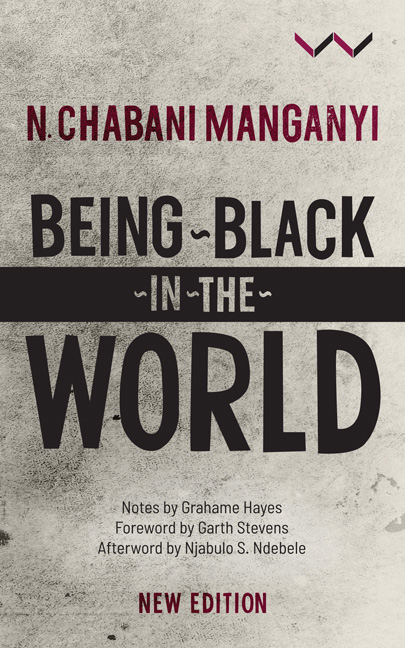Summary
Being-Black-in-the-World is intended as a contribution to the growing body of books and papers on the black experience. It is only very recently that concerted efforts have become manifest in the field of black studies at various universities in Africa and elsewhere. The extent of academic and lay interest in this field received concrete expression in the publication by Heinemann Educational Books in 1970 of a three-volume source book entitled The African Experience, which was edited by J.N. Paden and E.W. Soja.
The efforts of these academics are definitely deserving of our guarded admiration, although it is probably true to say that the most important contribution on the black experience will have to come from Africa. For it is here, on the African continent, where the great and intricate drama of being-black-in-the-world is taking place. In a field of study and life where there have been so many self-proclaimed experts, it is not always possible to say much that is worth saying. It is partly for this reason that I conceived of this book as essentially a small collection of essays reflecting my thinking on a number of subjects.
There has been no desire on my part to impose any form of structural unity on the book. To impose a structure would have been to tell an unpardonable lie, since my existence and experience are themselves fairly unstructured. The only formal structural requirements I attempted to adhere to are those relating to the internal consistency of the individual essays. This means that each essay has been an attempt to reflect on a specific aspect of the black experience. Overlapping with respect to theme reflects the writer's conviction that experience is not discrete but continuous.
This collection of essays addresses itself to a limited number of important questions. I consider the questions to be of general significance to South African society as a whole. Issues which are of such significance should be of interest to both academics and members of the lay public. It became necessary to keep this fact in view in the treatment of the various subjects in the collection. Technical terminology was reduced to a minimum in the more demanding essays. A glossary was considered necessary for purposes of clarity. Consideration of the collection as a whole revealed that there were enough questions raised for both the academically inclined and the general reader.
- Type
- Chapter
- Information
- Being Black in the World , pp. 1 - 7Publisher: Wits University PressPrint publication year: 2019



